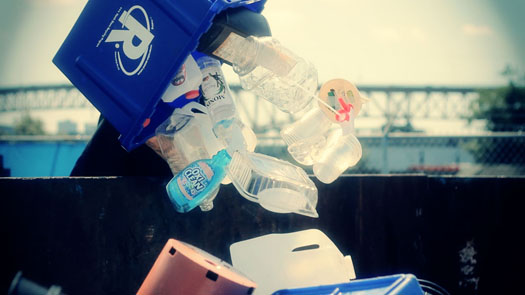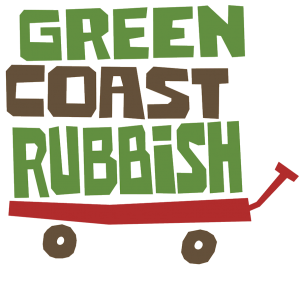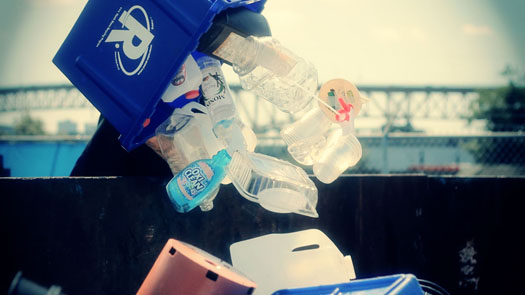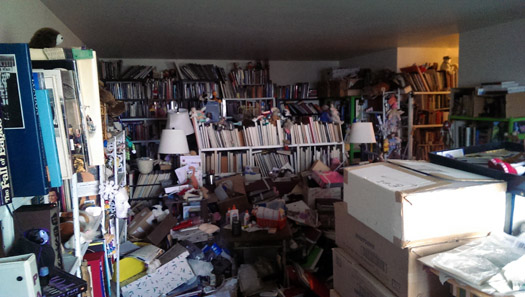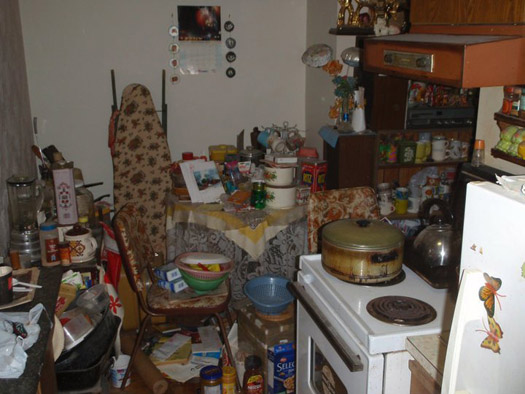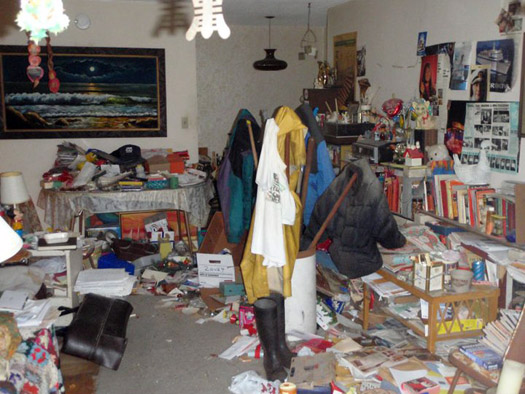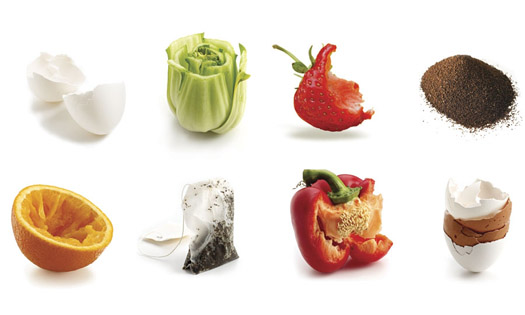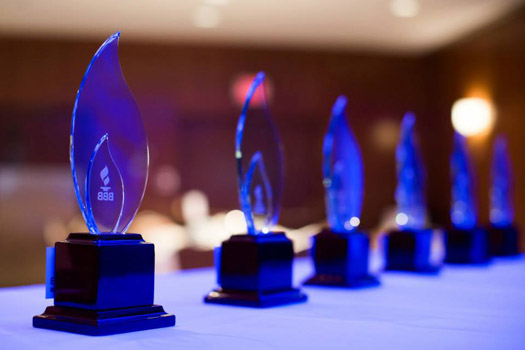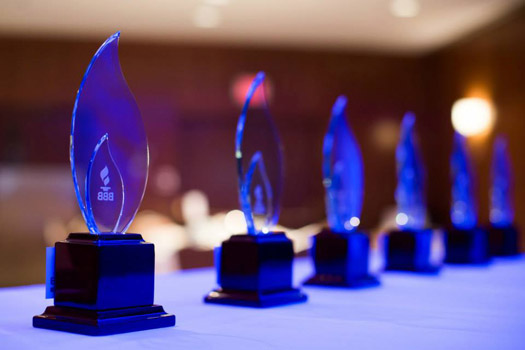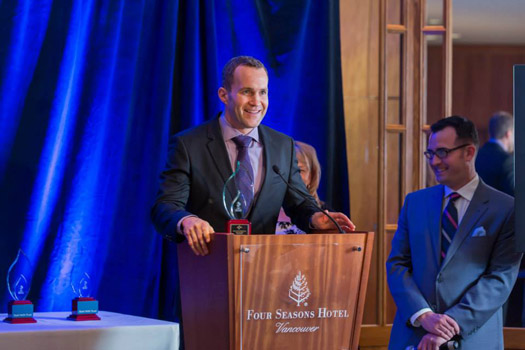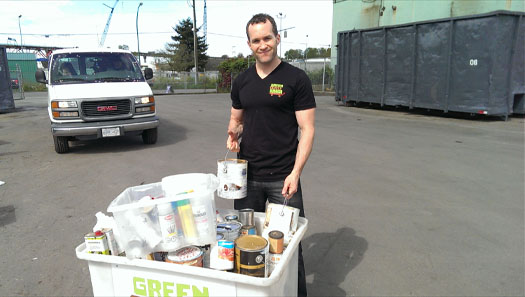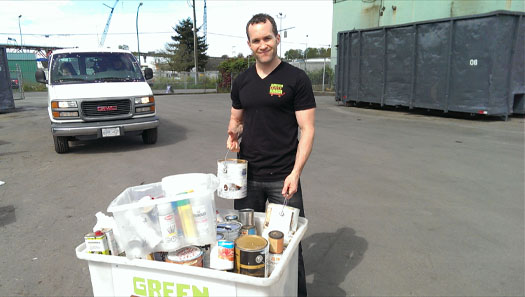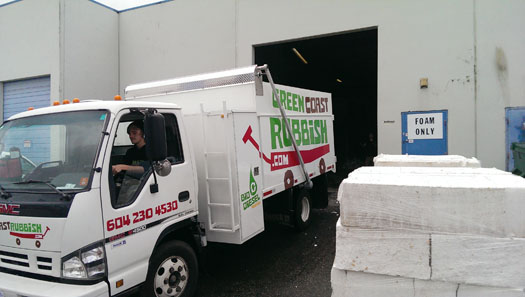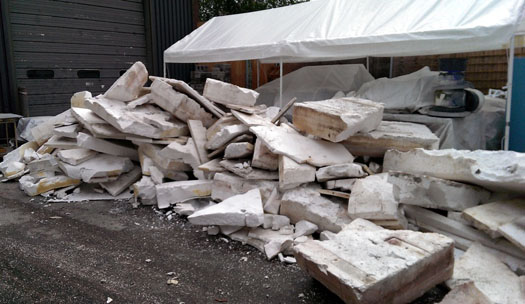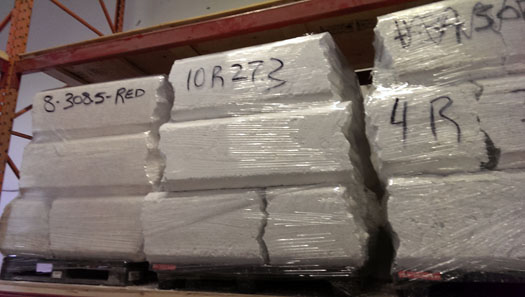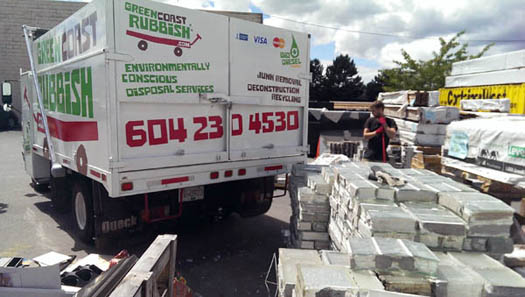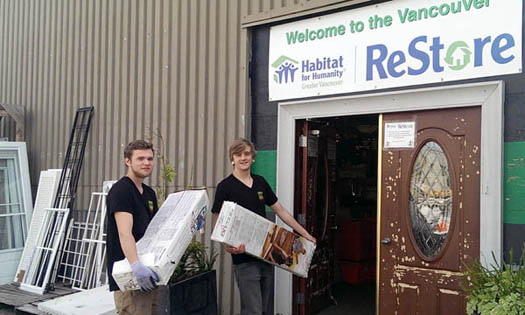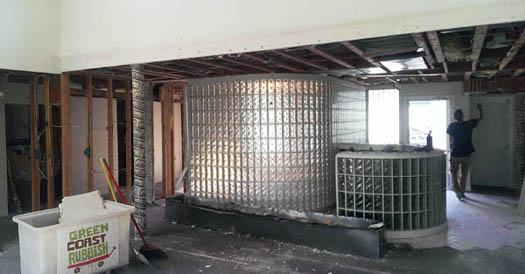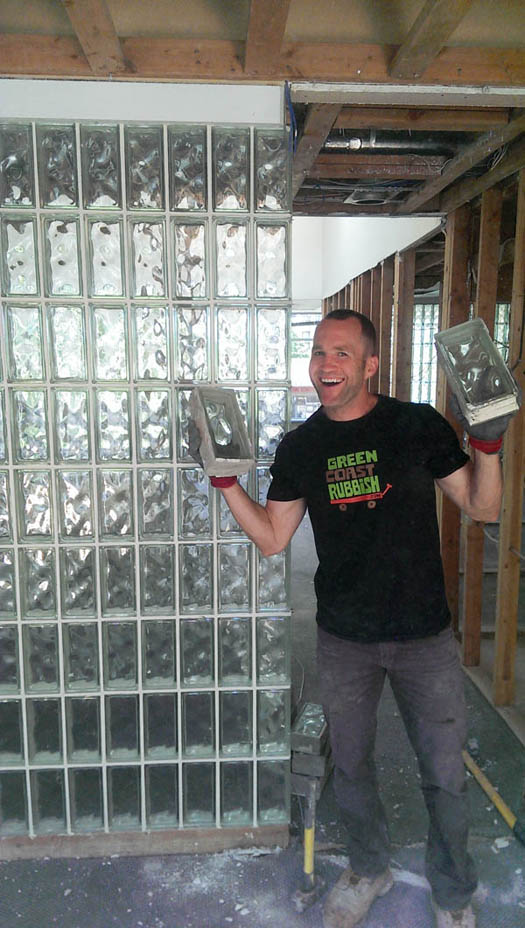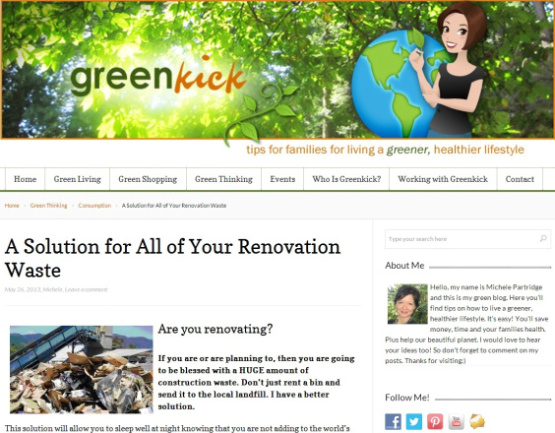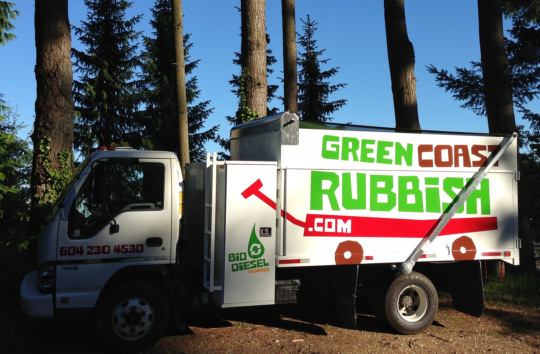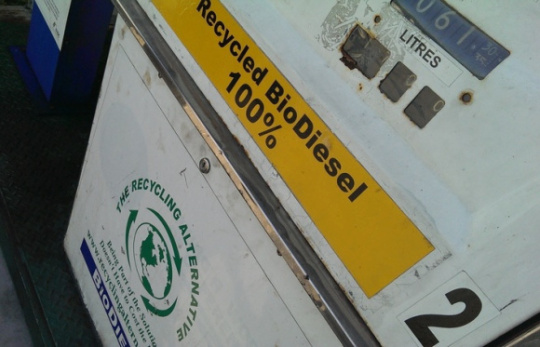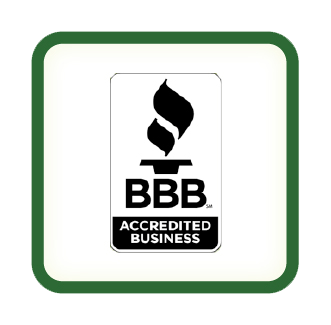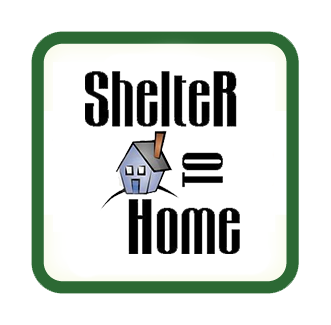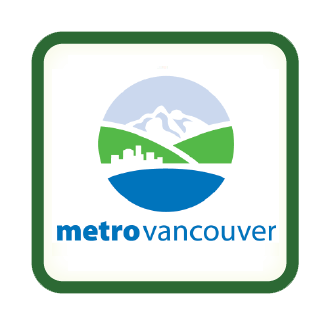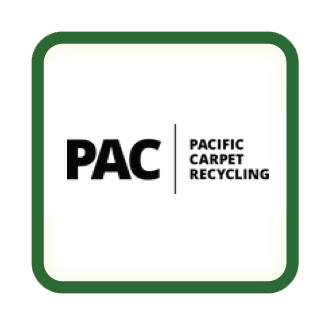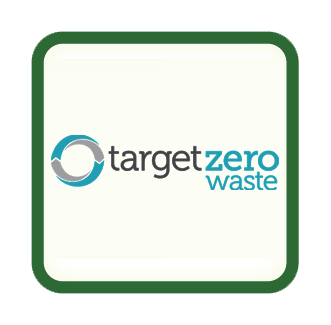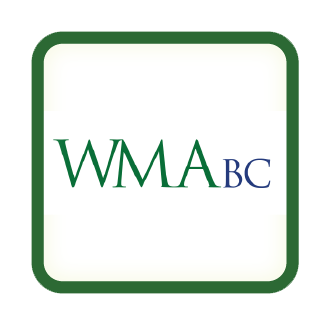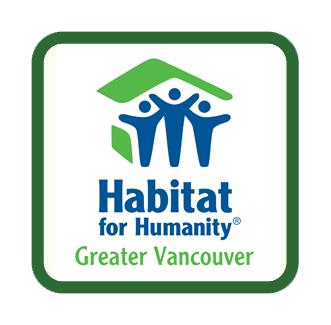We live in a pretty amazing time. It seems every week, an announcement for some new technology changes the face of televisions, computers, or cell phones. Electronics are getting smaller (or in the case of TV’s, BIGGER), faster, and more equipped to handle all the tasks in our busy lives. But it comes at a cost. With a built-in obsolesce period for most gadgets being less than 2 years, people are finding themselves with basements and attics full of old TVs, printers, and VCR’s (remember those?). It all adds up to a huge amount of waste here in Canada each year.
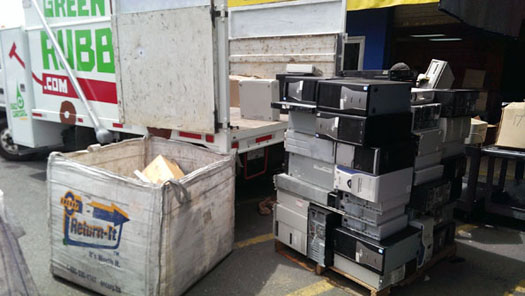
It seems that many people are just unsure of what to do with it all. This fascinating (and somewhat alarming) StatsCan website shows the percentage of Canadians who have unwanted electronics in their households… in British Columbia, up to 31% of homes have unused televisions in their homes! Just wander down any alley in the Vancouver, and it’s likely that you’ll see abandoned electronics left beside dumpsters. Unfortunately, if they are not properly disposed of, these devices can get thrown into landfills, or sent to developing countries where they are dismantled for metal or parts; oftentimes without safety equipment. If handled improperly, the individuals doing it can be exposed to dangerous substances such as mercury, lead, and chromium—all known to be extremely toxic to humans, animals, and the environment.
We can help. Whether it’s a massive TV, old CRT monitor, or burnt out computer tower; whatever you have, we can take care of it for you. Quickly, easily and in the most environmentally conscious way possible. In 2012 alone, Green Coast Rubbish recycled 5.1 tonnes of electronics, and nearly 3 tonnes of TV’s. (Which, for those who are curious, equals roughly the same weight as an African Elephant).
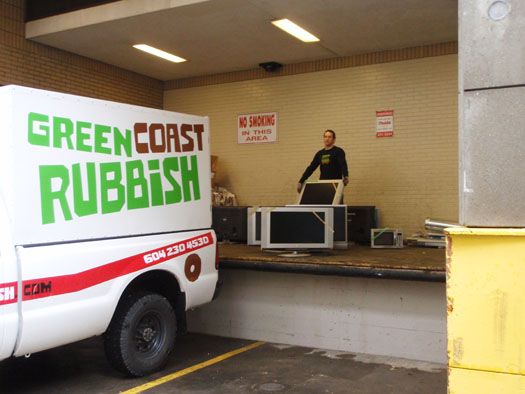
After pickup, we work together with Encorp, a federally incorporated, not-for-profit association who is committed to recycling within our communities. They ensure that e-waste is properly processed, with all usable components diverted, and any remaining parts disposed of in safe and ethical ways.
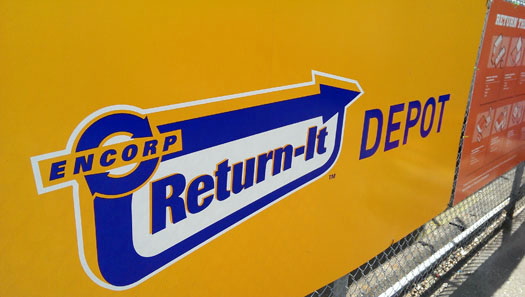
You have a lot on your mind. Having these items collecting dust in your home creates both physical and mental clutter in your life. With a single call, we can handle it, and you can get back to focusing on what’s most important.
